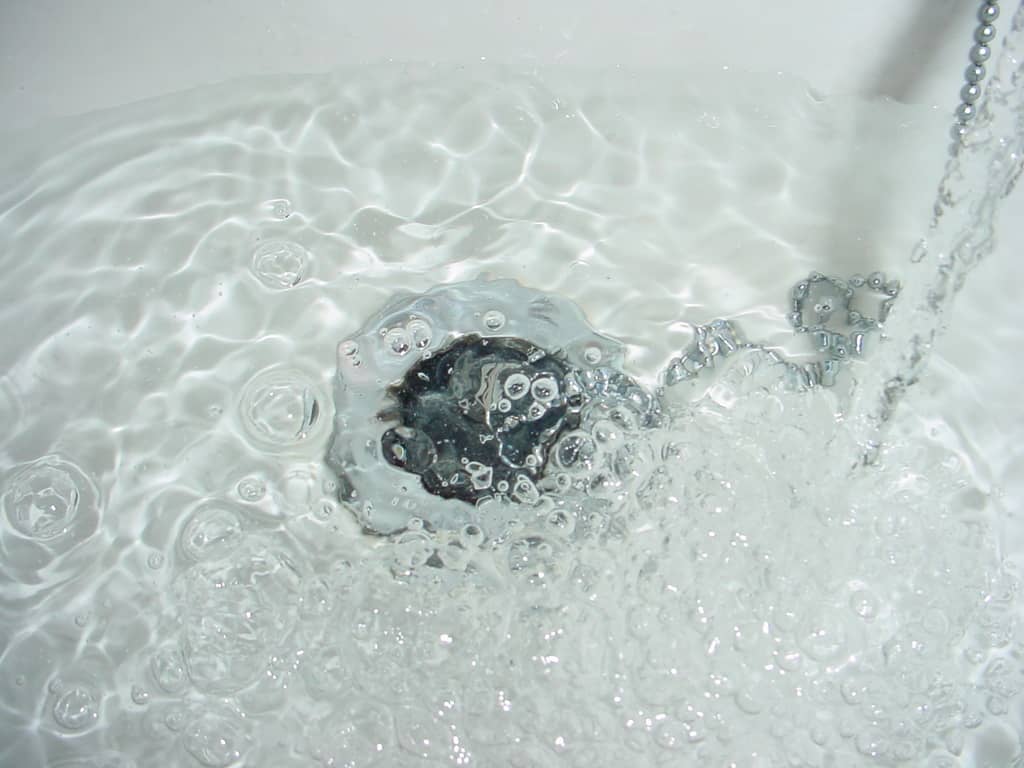
Are you dealing with frequent drain blockages? Understanding the most common causes of clogged drains can help prevent the inconvenience and potential damage to your plumbing system. This guide delves into the primary reasons behind blocked drains and provides essential tips for keeping your pipes clear.
Hair is one of the most common culprits when it comes to blocked drains. Over time, strands of hair can accumulate and form clumps, causing blockages in our bathroom and shower drains. To prevent hair clogs, consider using a hair catcher or drain cover to trap hair before it enters the drain.
Soap scum is another common culprit that can contribute to drain blockages. It is formed when soap combines with minerals in the water and creates a sticky residue that can accumulate in the pipes. To eliminate soap scum, regularly wiping down your bathroom surfaces and using drain cleaners specifically designed to remove soap scum can help prevent blockages. For an eco-friendly soap scum removal option, use vinegar and baking soda to clear drains.
Food waste, especially grease and oil, can cause significant drain blockages in the kitchen. Avoid pouring cooking oil or grease down the drain, as it can solidify and stick to the pipes. Instead, dispose of oil and grease by pouring it into a container and throwing it in the trash. Also, use sink strainers to catch food particles and prevent them from going down the drain.
Accidentally dropping small objects down the drain is a common mishap that can lead to blockages. Be cautious when washing utensils or small items near the sink, and avoid letting them slip into the drain. If a foreign object does go down the drain, use a drain snake or call a professional plumber to remove it.
Outside drains can become blocked when tree roots infiltrate the pipes, seeking water and nutrients. Over time, these roots can cause significant damage and blockages. In order to prevent drain blockages from small items, regularly inspect your outdoor drains, and if you notice any signs of tree root intrusion, consult a professional for assistance. Also, make sure to utilise drain guards to prevent tree roots from infiltrating your pipes.
Flushing certain toiletries, such as baby wipes, cotton balls, or sanitary products, down the toilet can lead to blockages. For safe disposal of sanitary products, only flush toilet paper down the toilet, throw anything else in the bin, and educate your household members about proper disposal practices to avoid drain obstructions.
Minerals in the water, such as calcium and magnesium, can accumulate over time and cause blockages in your pipes. Water softeners, or descaling agents are ideal solutions to soften hard water help minimise mineral build-up, and prevent drain blockages.
Small debris, such as leaves, twigs, or dirt, can enter outdoor drains and cause clogs. Regularly clear away any debris around your outdoor drains and consider installing drain covers or grates to filter out larger particles.
In some cases, drain blockages can be caused by structural issues within the pipes themselves. Cracks, collapses, or misalignments can impede the flow of water and lead to blockages. If you suspect a structural issue, it is best to have Drain Division assess and repair the problem.
Preventing drain blockages requires regular maintenance. Simple habits like pouring boiling water down the drain once a week or using natural drain cleaners can help keep your pipes clear. Additionally, scheduling periodic professional drain cleaning can eliminate any build-up and minimize the risk of blockages.
Proactive drain maintenance is key to a smooth-running plumbing system. By understanding and addressing the common causes of blockages, you can protect your home and avoid the stress of unexpected plumbing issues. Remember, regular care is the best way to ensure your drains remain clear and functional.
If you need expert advice and help please contact us.
Contact our team of experts today. Our offices are open 6am to midnight 7 days a week.